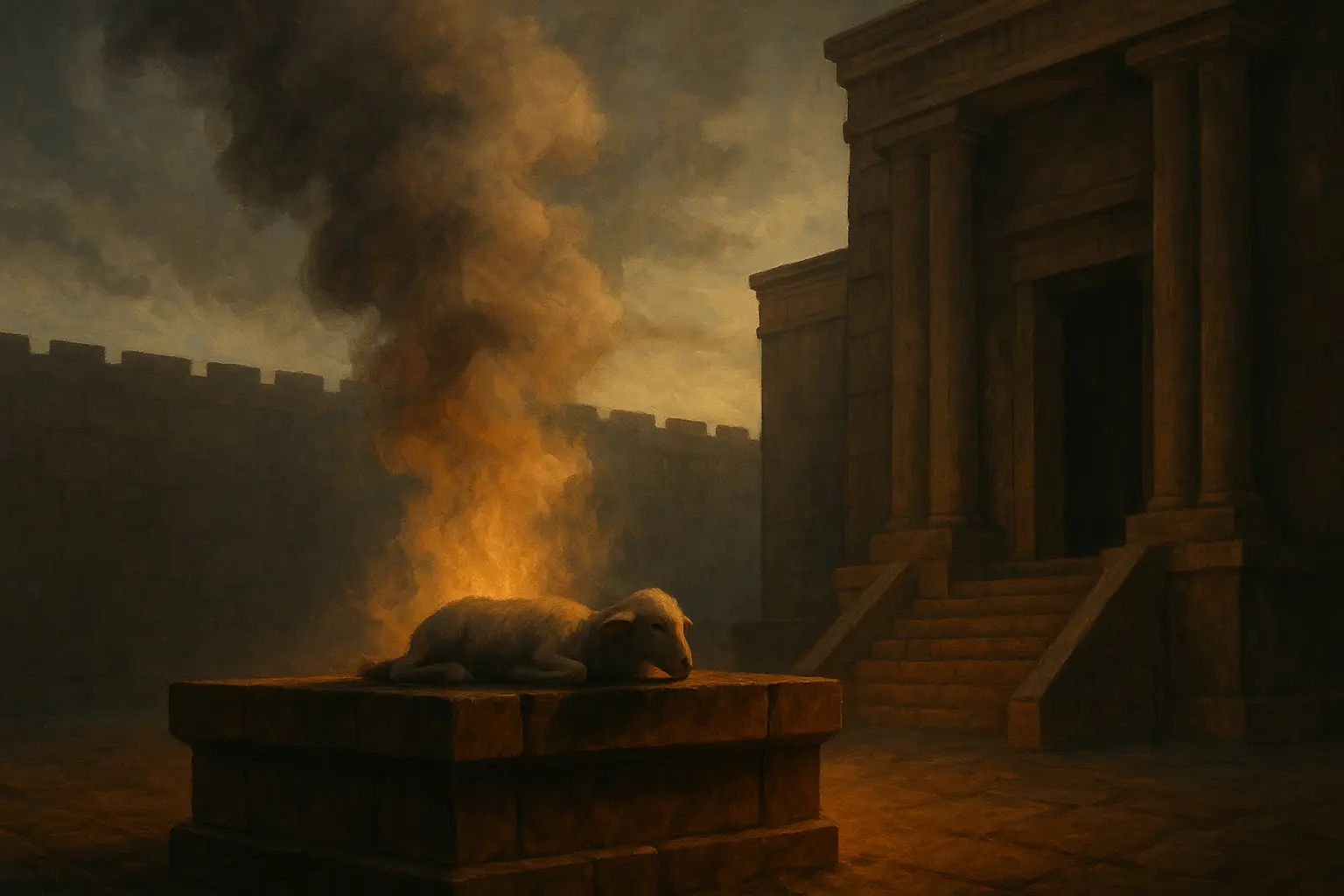Study day 12 May 2007
22-11-2025 - Posted by Geert-JanOriginally posted on May 06, 2007 – by Andre Piet
Last year, the theme of the annual Goedbericht study day was: reconciliation. Not the scope of the reconciliation was the topic, but the question of what reconciliation actually is. That is of enormous importance, because in the classical approach, “reconciliation” is incessantly lumped together with “atonement” (Hebr. kaphar, Gr. hilasmos). Problem number two is that it is always assumed, time and again, that on the cross God had to be reconciled with man. God had to receive satisfaction, and the debt of sin had to be paid. Even among those who recognize the universal scope of reconciliation, this major misunderstanding prevails.
On the upcoming study day this Saturday, I want to continue the theme from last year, because I had the impression that quite a few aspects remained underexposed. While last year specifically focused on the topic of “reconciliation,” this year we want to place the meaning of Jesus’ death on the cross in a broader context. The question this time is: why did Christ have to die?
Did Jesus indeed bear the punishment for our sins? Did Jesus pay the debt of mankind? If so, where does it say that? And: what does “forgiveness” still mean within that concept? Because if the debt has been paid, then there is no longer a need for it to be forgiven. What does it mean that Jesus died for our sins? Does it mean (as is commonly assumed) that He died to bear the punishment for our sins? Or does it mean that He died to deliver us from sin itself? But how? Does God require blood before He can forgive, or does He demonstrate His forgiveness precisely through the shedding of blood? An abundance of questions, all of which require an honest and Biblical answer.
And thank God: those answers exist!
One of the main conclusions of the previous study day was: Christ had to die in order to rise from the dead as Firstfruit. This fact will be elaborated extensively this coming Saturday. It will be much more than a “dismantling” of classical theology. The study day will above all be devoted to a positive, logical, and Biblical answer to one of the most fundamental questions a person can ask about the Gospel: why did Christ have to die?
See also:

 English Blog
English Blog